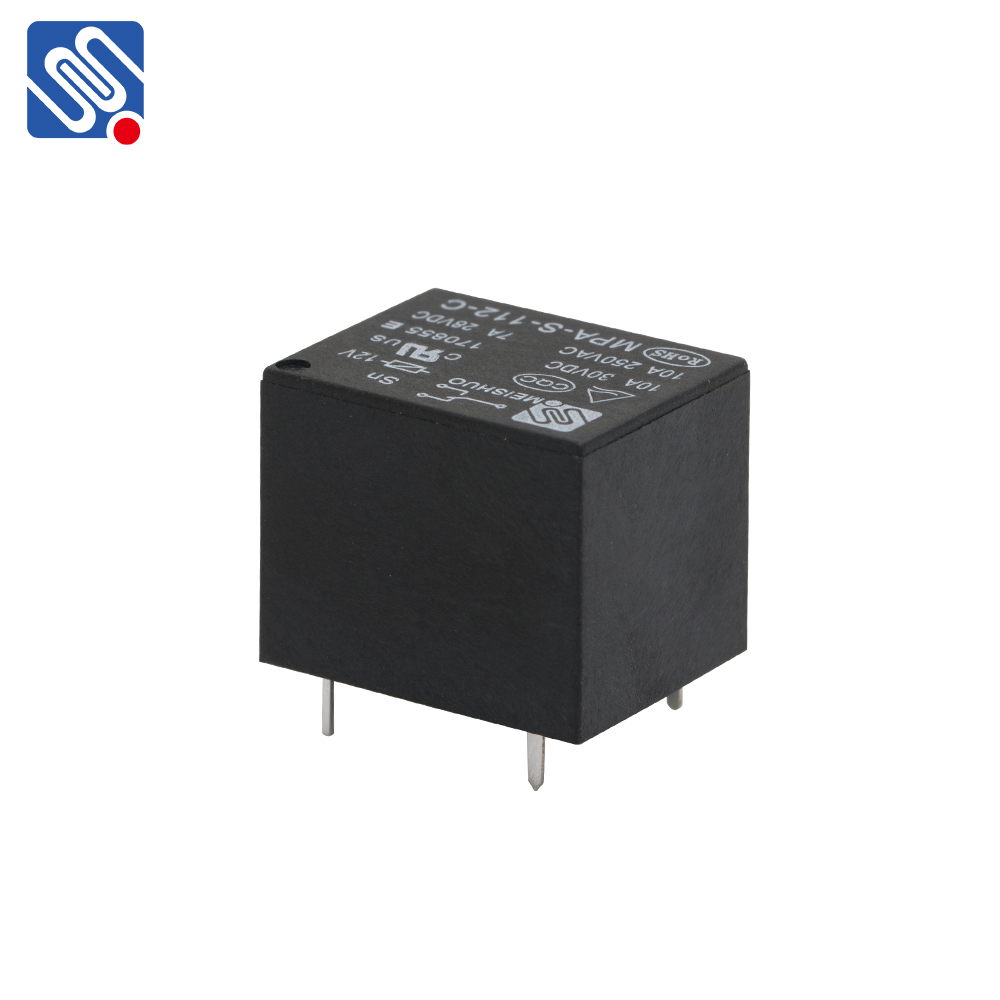the environmental impact of relay systems: a focus on meishuo
Release time:2025-04-09 11:21:44
In recent years, the growing concern about environmental sustainability has led to significant advancements in various industries, particularly in technology and communication systems. One of the pivotal technologies that has helped shape this transformation is relay systems. Relay systems are crucial in the modern world, playing a key role in the transmission of data, energy, and communications across vast distances. However, like all technological advancements, relay systems have their environmental implications. This article will explore the environmental impact of relay systems, with a special emphasis on Meishuo, a company that has made notable strides in minimizing these impacts.

The Role of Relay Systems in Modern Infrastructure
Relay systems, particularly in the context of telecommunications and energy grids, serve as intermediaries that ensure the smooth and efficient transmission of signals and power. These systems are essential in connecting remote regions, supporting communication networks, and facilitating energy distribution. As the demand for more efficient and reliable communication grows, relay systems have become even more integral to modern infrastructure.
In telecommunications, relay systems act as repeaters or signal boosters that help extend the reach of communication signals. This is especially critical in mobile networks, satellite communications, and fiber optic connections, where data needs to be transmitted over long distances without significant degradation. Similarly, in the energy sector, relay systems are used to manage the flow of electricity through power grids, ensuring that energy generated from various sources reaches end users efficiently.

